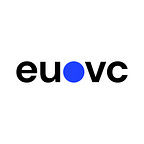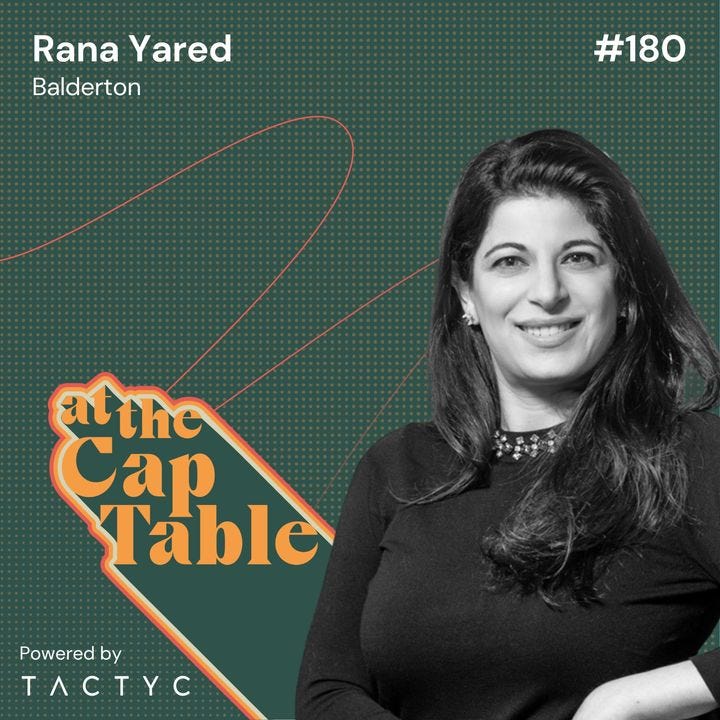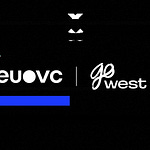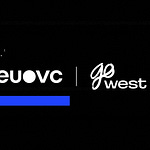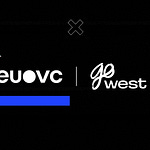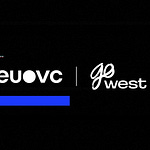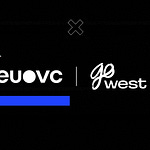Today, we're happy to welcome you to Rana Yared, General Partner at Balderton Capital - one of Europe's most successful venture capital firms that has raised almost $5BN across 10 funds over the past 21 years.
Balderton has backed some of the continent's most incredible companies, including Revolut, CityMapper, Workable, and Go Cardless, amongst other global tech leaders!
This episode was kindly made possible by our friends over at Tactyc - the leading forecasting and scenario-planning software for venture capital funds combining portfolio construction, portfolio management, forecasting, and reporting into a unified platform.
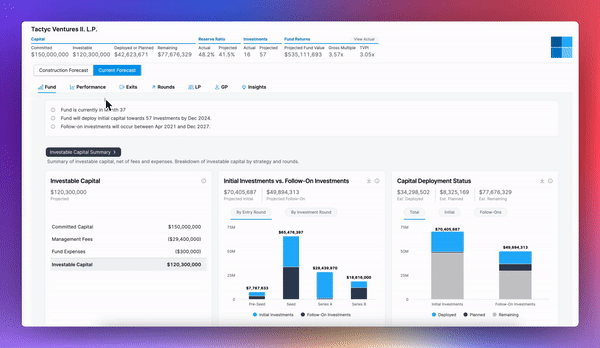
Today, at the very first episode of The Cap Table podcast, our host Sarah Finegan invited Rana for a chat about:
The State of Entrepreneurship in Europe and why the startup scene is booming like never before.
Her invaluable journey in supporting companies from their early stages to successful exits.
The main differences between European and US investors and founders, and what untapped opportunities are available in Europe.
Lessons and reflections on driving impact as a board member and the qualities that define elite performers.
Balderton's investment strategy emphasizes the significance of generating financial returns while creating a positive impact.
From Goldman Sachs to VC at Balderton Capital
Rana's finance and venture capital journey is a fascinating mix of serendipity and seizing opportunities.
One industry. Two different beasts.
Rana never envisioned herself working in finance and had plans to pursue a Ph.D. However, a twist of fate led her to apply for a job at Goldman Sachs.
When Tim from Goldman Sachs asked what I want to do in 10 years, I said I’d like to open a patisserie.
Instead of dismissing her unconventional response, Tim recognized her potential and connected with her. This unexpected connection and Tim's belief in her abilities convinced Rana to embark on her finance career at Goldman Sachs, which was a fruitful and rewarding experience.
Rana's transition to Balderton Capital followed a similar pattern of fortuitous events.
The opportunity to join Balderton came as unexpected as Goldman Sachs.
I picked my stuff from New York, being pregnant at 34 weeks back then, and moved to London. I took the job and haven’t looked back since.
The State of Entrepreneurship & Innovation in Europe
It was a conscious choice to move.
I’ve been in the European ecosystem since the summer of 2008.
Rana's enthusiasm for the European investment landscape is rooted in the belief that it offers unique opportunities. The environment is characterized by fewer hype cycles and less capital saturation, making it an attractive space for investors seeking quality opportunities.
With the individual city ecosystems gaining self-sustainability and forming interconnected tribes, Europe is poised to witness a surge of innovation and entrepreneurial success.
Supporting founders for IPO
As Rana explains, supporting founders on the journey to an IPO requires a thoughtful and patient approach. Rather than fixating on a straight line from the early stages to an IPO, focusing on each step in its own time is crucial.
This perspective helps keep the company, investors, and the board aligned, preventing unnecessary stress and chaos.
Preparing for an eventual IPO starts long before the actual event.
You can’t wake up one day and say I’m going to IPO in six months. There’s a journey around how your business is organized, what metrics you use to track your performance, the quality of your earnings, and other things that you and your board will spend time figuring out.
In the early stages, the emphasis should be on finding product-market fit, developing a minimum viable product (MVP), acquiring key clients, and establishing a repeatable sales process.
Moving forward, the focus shifts to optimizing the go-to-market strategy, considering factors like international expansion or evolving the product into a platform.
Common Investors' Mistakes in a Board
Rana firmly believes that a board's duty is to challenge, and the absence of this can lead to disastrous outcomes for companies. Reflecting on past experiences, she emphasizes the importance of acting quickly when something seems amiss.
The first mistake is when the board believes it can run the company. Rana reminds us that boards have a distinct role of advising the management team and protecting the shareholders, but the responsibility of day-to-day operations lies with the executives. The second mistake is insufficient governance and a lack of challenging the status quo.
One of the most adverse things that can happen is the board concluding it’s time for one thing or another, or it’s time to pull the plug on a particular thing.
It’s really hard to pull the plug, but pulling the plug is often what the company needs to refocus on what matters most.
Advice for a Younger Rana
I have a daughter, and three years ago, I wrote some of these words to her.
First, I want to remind myself that the path ahead is still being determined. Mistakes don’t need to be fatal. There is always an opportunity to change the line of the outcome with calm thinking and a few breaths of fresh air.
Secondly, remember that people are more important than achievements or possessions, and never stop doing what you care about the most.
Also, don’t forget to listen to the full episode on Spotify 👇


